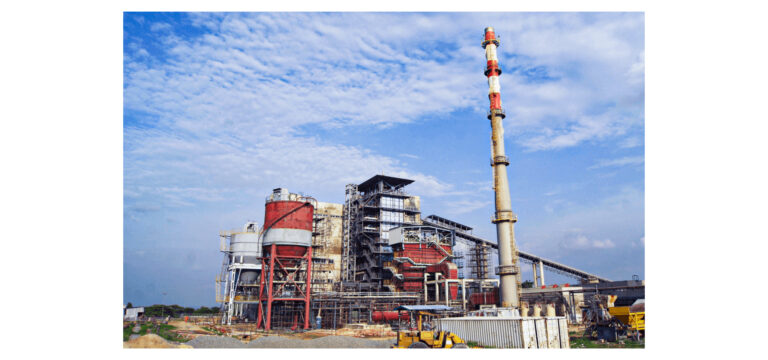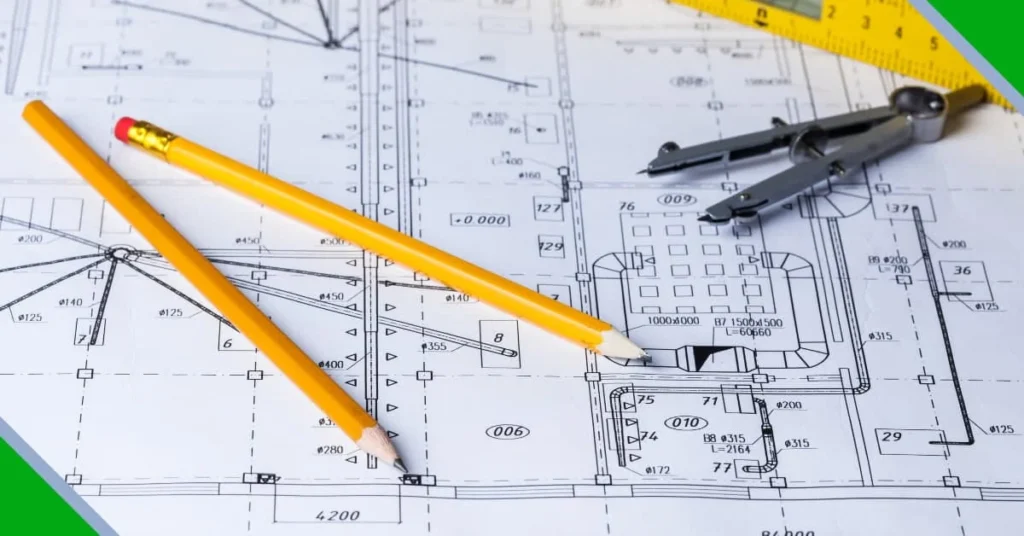Used trucks are a practical investment for businesses and individuals alike. They offer affordability and durability, but maintaining them properly is essential to ensure longevity and peak performance. Without regular care, even the toughest trucks can face costly repairs and reduced efficiency. This article will explore comprehensive tips for maintaining used trucks so that they remain reliable and productive for years to come.
Regular Maintenance Checks
One of the most important steps in maintaining used trucks is performing regular maintenance checks. Preventive care can identify potential problems before they escalate into costly repairs. Some key areas to inspect include:
Engine and Transmission
The engine is the heart of any truck. Regular oil changes, checking coolant levels, and monitoring for unusual noises or vibrations can prevent severe engine damage. Similarly, transmission fluid should be checked and replaced according to the manufacturer’s schedule to maintain smooth shifting and prevent transmission failure.
Brakes and Tires
Worn-out brakes can compromise safety and lead to expensive repairs. Inspect brake pads, discs, and fluid levels frequently. Tires also play a crucial role in performance and safety. Ensure tires are properly inflated, aligned, and rotated periodically to prevent uneven wear and improve fuel efficiency.
Suspension and Steering
Suspension and steering components affect handling and ride comfort. Regularly check shocks, struts, and steering linkages for wear and tear. Addressing issues early can prevent accidents and extend the lifespan of the truck.
Proper Cleaning and Rust Prevention
Used trucks, especially older models, are prone to rust and corrosion. Keeping your truck clean both inside and out is essential.
Exterior Cleaning
Wash your truck regularly to remove dirt, salt, and debris that can cause rust. Pay special attention to the undercarriage, as it is often exposed to moisture and road salt, which accelerate corrosion. Applying a protective wax coat can further safeguard the paint and metal surfaces.
Interior Maintenance
A clean interior not only improves the driver’s experience but also preserves the truck’s value. Vacuum seats, mats, and carpets, and wipe down the dashboard and other surfaces. Address spills and stains promptly to prevent long-term damage.
Rust Protection
Consider rust-proofing treatments for trucks that operate in wet or snowy environments. Applying anti-rust sprays or coatings can prevent corrosion in vulnerable areas, particularly the undercarriage, wheel wells, and door edges.
Fuel System and Fluid Care
Proper fuel and fluid management is crucial for the longevity of used trucks.
Fuel Quality
Using high-quality fuel reduces engine deposits and improves efficiency. Avoid filling up at unreliable stations where fuel contamination could occur. For diesel trucks, consider fuel additives to maintain injector cleanliness and prevent gelling in cold climates.
Regular Fluid Checks
Fluids lubricate and cool the truck’s components. In addition to engine oil and transmission fluid, check brake fluid, power steering fluid, and coolant levels regularly. Replace them according to the manufacturer’s recommendations to prevent mechanical failures.
Filter Replacement
Air, fuel, and oil filters should be replaced regularly. Clean filters ensure proper airflow and fuel delivery, which improves engine performance and reduces wear. Neglecting filter replacement can lead to poor fuel efficiency and costly engine damage.
Electrical System and Battery Care
The electrical system is critical for starting, lighting, and running various components in a truck.
Battery Maintenance
Check battery terminals for corrosion and ensure connections are tight. Clean terminals and apply a protective coating to prevent electrical issues. Replace the battery when it shows signs of weakness, such as slow starts or dimming lights.
Lights and Signals
Regularly inspect headlights, taillights, brake lights, and turn signals. Functional lighting is essential for safety and compliance with road regulations. Replace any faulty bulbs immediately to avoid accidents.
Wiring and Fuses
Inspect wiring for signs of wear or damage. Ensure fuses are intact to protect electrical components. Repairing minor electrical issues early can prevent larger system failures.
Driving Habits That Extend Truck Life
The way you drive a used truck has a significant impact on its longevity.
Avoid Aggressive Driving
Hard acceleration, abrupt braking, and aggressive cornering place excessive stress on the engine, transmission, and brakes. Smooth driving habits reduce wear and tear and improve fuel efficiency.
Load Management
Overloading a truck can strain the suspension, brakes, and drivetrain. Always adhere to the manufacturer’s weight limits and distribute cargo evenly to prevent mechanical problems and improve handling.
Warm-Up and Cool-Down
Allow the engine to warm up before driving, especially in cold weather, to ensure proper lubrication. Similarly, after long trips or heavy towing, let the engine idle for a few minutes before shutting it off to prevent overheating and component stress.
Documentation and Professional Inspections
Keeping detailed records and seeking professional inspections are essential for long-term maintenance.
Service Records
Maintain a log of all maintenance and repairs. Documenting oil changes, fluid replacements, and part replacements ensures consistent care and can increase resale value.
Professional Inspections
Even with diligent self-maintenance, periodic professional inspections are crucial. Mechanics can identify hidden issues and perform preventive maintenance that keeps your truck running efficiently.
Recall and Warranty Checks
Stay informed about recalls and warranty coverage for used trucks. Addressing recalls promptly ensures safety and prevents potential legal or mechanical issues.
Conclusion
Maintaining used trucks for longevity requires a combination of routine checks, proper cleaning, fluid management, careful driving habits, and professional inspections. By following these tips, owners can maximize the lifespan of their trucks, reduce repair costs, and maintain optimal performance.
Used trucks, when properly cared for, can deliver decades of service, making them a smart investment for businesses and individuals seeking durability and value. Regular attention to both mechanical and cosmetic upkeep is the key to extending their life and maintaining their functionality.





